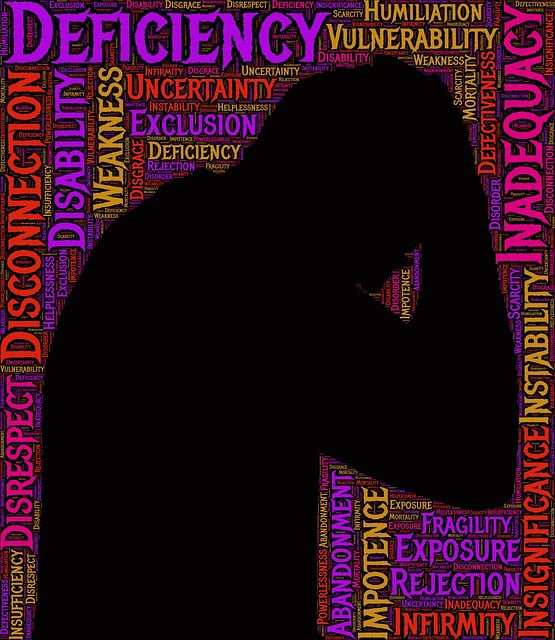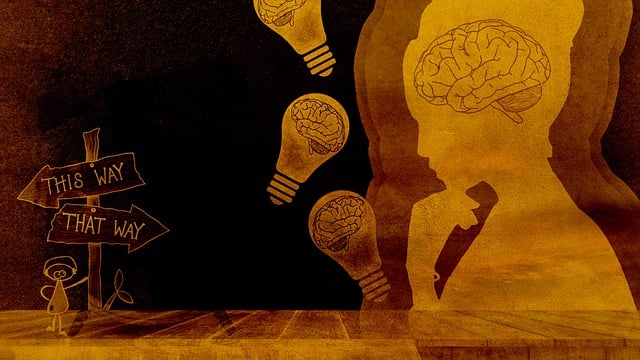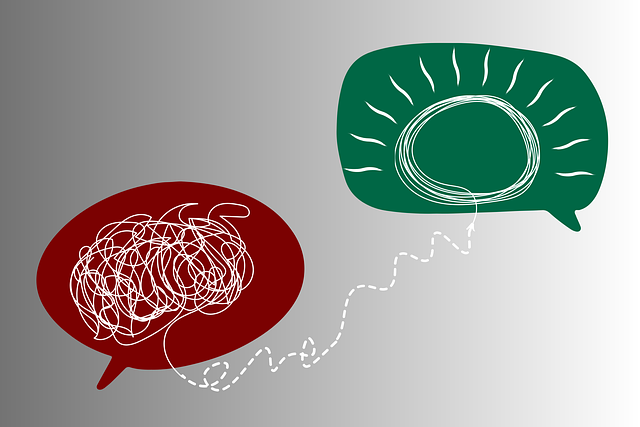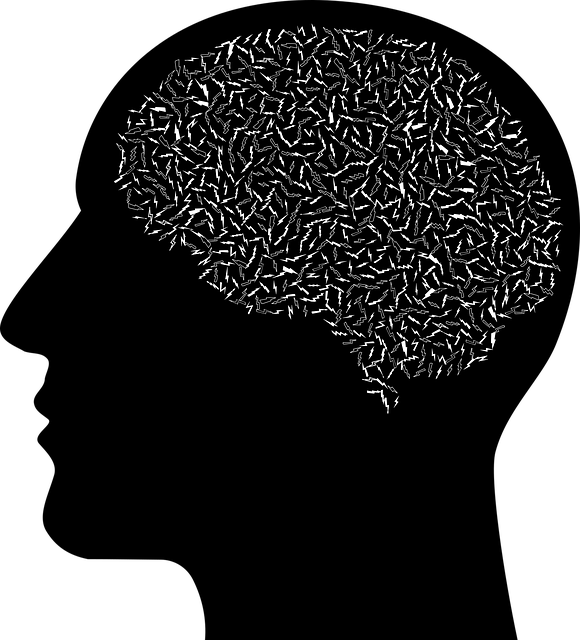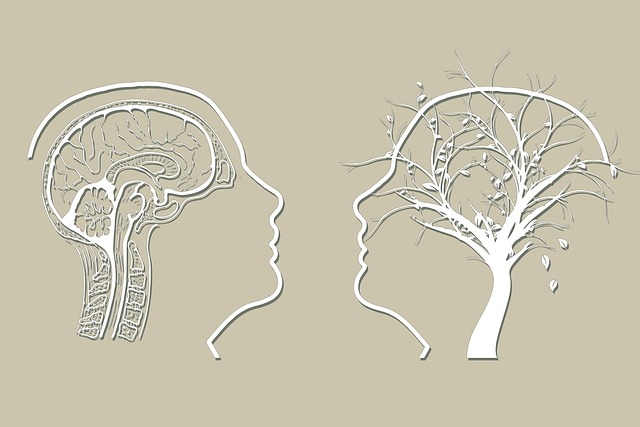Loss, grief, and bereavement significantly impact an individual's well-being, with superior gender-affirming care therapy playing a crucial role in helping all genders navigate these stages. This approach, focusing on judgment-free support and tailored emotional care, enhances coping mechanisms and self-awareness through mindfulness meditation, community outreach, and stigma reduction. Counselors using active listening, empathy, and resources like narrative therapy facilitate healing, fostering resilience among clients dealing with loss and grief.
Loss, grief, and bereavement counseling is a vital pillar of support for individuals navigating intense emotional challenges. This comprehensive guide explores the complex interplay between loss, grief, and healing, offering insights into effective strategies for counselors. We delve into the transformative power of superior gender-affirming care therapy in facilitating healing processes, emphasizing its role in creating safe spaces for all clients. By understanding the nuances of these experiences, therapists can provide tailored support, enabling individuals to find meaning and move forward.
- Understanding Loss, Grief, and Bereavement: A Comprehensive Overview
- The Role of Gender-Affirming Care in Healing Processes
- Strategies for Effective Counseling: Supporting Clients Through Their Journey
Understanding Loss, Grief, and Bereavement: A Comprehensive Overview

Loss, grief, and bereavement are profound emotional experiences that can significantly impact an individual’s well-being. Understanding these complex processes is essential in providing effective support during difficult times. Loss refers to the absence or death of something valued, whether it’s a loved one, a relationship, or a sense of identity. Grief is the natural response to loss, characterized by a range of intense emotions like sadness, anger, guilt, and denial. It is not a linear process but rather a unique journey for each person. Bereavement, on the other hand, specifically refers to the period after a significant loss when individuals adapt to their new reality.
At its core, superior gender-affirming care therapy plays a pivotal role in helping individuals navigate these challenging stages. This therapeutic approach ensures that everyone, regardless of their gender identity, receives compassionate and competent support. Incorporating practices like mindfulness meditation can enhance coping mechanisms and promote self-awareness during the grieving process. Additionally, community outreach program implementations and mental illness stigma reduction efforts contribute to creating a supportive environment where individuals feel comfortable seeking help.
The Role of Gender-Affirming Care in Healing Processes

In the context of loss, grief, and bereavement counseling, the role of gender-affirming care is increasingly recognized as a powerful tool for healing. This approach, often referred to as Superior Gender-Affirming Care Therapy, ensures that individuals, regardless of their gender identity, receive support tailored to their unique needs. By fostering an environment free from judgment and embracing self-expression, this therapy encourages individuals to engage in healthy self-care practices and explore their emotions openly. It enables them to process grief in a way that aligns with their authentic selves, promoting better mood management and overall well-being.
The importance of gender-affirming care is particularly evident in addressing the specific challenges faced by transgender and non-binary individuals who have experienced loss. This specialized care provides a safe space where they can grieve without fear of misrepresentation or discrimination. By validating their experiences and offering culturally sensitive support, therapists skilled in this area can significantly boost the confidence of these individuals as they navigate the healing process.
Strategies for Effective Counseling: Supporting Clients Through Their Journey

In providing superior gender-affirming care therapy, counselors play a pivotal role in supporting clients navigating loss, grief, and bereavement. This involves creating a safe, non-judgmental space where individuals feel empowered to express their emotions freely. Through active listening, empathy, and validation, counselors help clients process their feelings, gaining insights into their unique experiences of loss. Techniques such as narrative therapy, mindfulness exercises, and creative expression tools can facilitate healing and promote mental wellness.
The Mental Wellness Podcast Series Production offers valuable resources for counselors to enhance their skills in grief counseling. Social Skills Training and continuous education in Mental Health Awareness are essential components of this process, ensuring that counselors remain equipped to provide the best support. By integrating diverse therapeutic methods, therapists can cater to individual needs, fostering a sense of resilience and empowering clients to embark on their journey towards healing.
